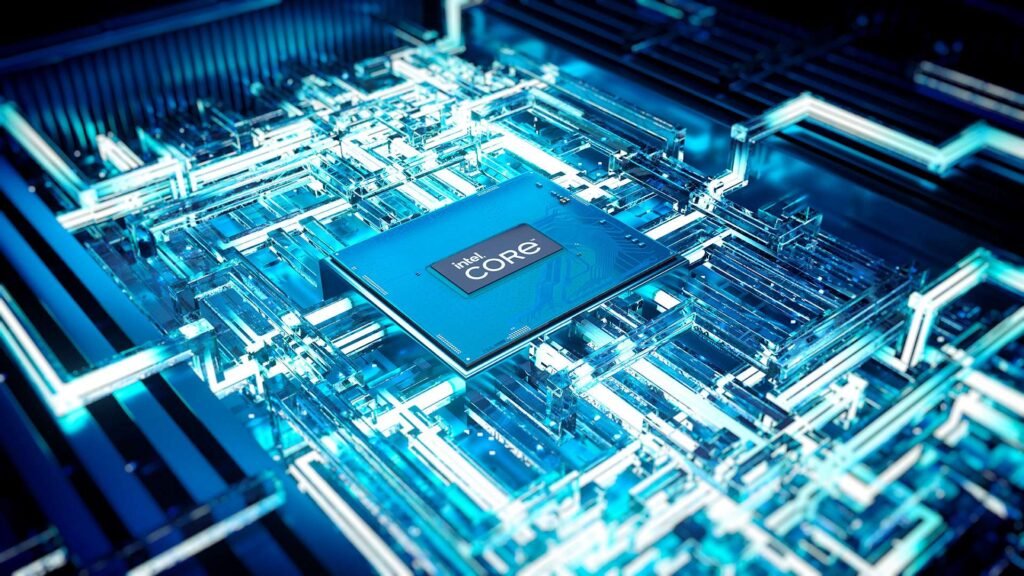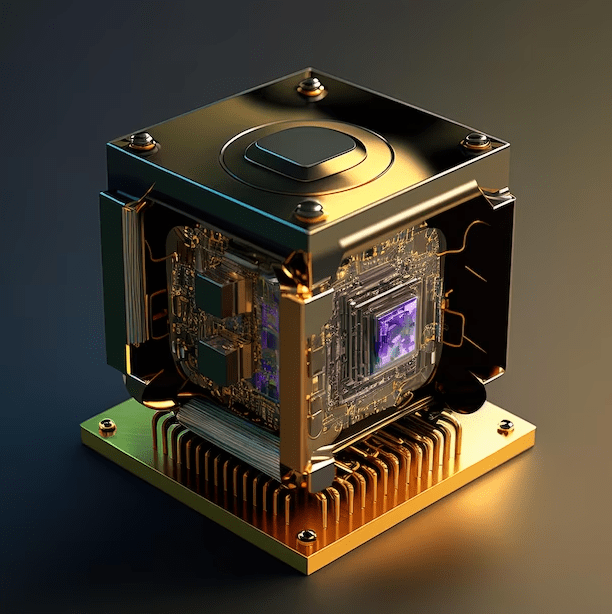Quantum computing, the cutting-edge technology that harnesses the principles of quantum mechanics to revolutionize computation, has recently taken a significant leap forward in processing power. This breakthrough has the potential to transform various industries, including healthcare, national security, and scientific research. In this article, we will explore the advancements in quantum computing and delve into the latest developments in quantum processors that have led to this quantum leap in processing power.

Understanding Quantum Computing
Before we dive into the recent breakthroughs, let’s first understand the fundamental concepts of quantum computing. Traditional computers use bits to process and store information, with each bit representing either a 0 or a 1. In contrast, quantum computers utilize qubits, which can exist in multiple states simultaneously, thanks to a property called superposition. This unique characteristic allows quantum computers to perform complex calculations and solve problems much faster than their classical counterparts.
The Evolution of Quantum Processors
Over the years, quantum processors have evolved significantly, with each iteration pushing the boundaries of processing power. In 2016, IBM introduced the first quantum computer in the cloud, featuring 5 qubits. Since then, the number of qubits in quantum processors has increased rapidly, paving the way for groundbreaking advancements.
IBM’s Osprey: A 433-Qubit Quantum Processor
In a recent quantum summit, IBM unveiled its most advanced quantum processor to date, the Osprey. With an impressive 433 qubits, the Osprey surpassed IBM’s previous record of 127 qubits with the Eagle processor. This significant increase in qubit count enables the quantum computer to tackle more complex problems and calculations.
IBM’s Osprey utilizes an innovative architecture that mitigates the challenges associated with scaling up the number of qubits. By reducing interference and noise, IBM researchers have been able to maximize the potential of the quantum processor. This breakthrough positions IBM at the forefront of quantum computing and paves the way for future advancements in the field.

Intel’s Tunnel Falls: Advancing Silicon-Based Quantum Computing
In parallel to IBM’s achievements, Intel has been making strides in the development of quantum processors. Their latest innovation, the Tunnel Falls quantum processing unit (QPU), offers twice as many qubits as its predecessor. Crafted using silicon, the Tunnel Falls QPU aims to drive research in quantum computing and bring the technology closer to practical applications.
Intel’s approach to quantum computing centers around the use of quantum dots, tiny structures that trap single electrons and allow for the storage and manipulation of quantum information. The programmability of the Tunnel Falls chip sets it apart from previous static quantum designs, making it a versatile and scalable solution for various quantum computing tasks.
The Implications of Quantum Leap in Processing Power
The quantum leap in processing power brings forth exciting possibilities and implications across multiple industries. Let’s explore how this breakthrough can impact various sectors.
Healthcare and Biomedical Research
The integration of quantum computing in healthcare and biomedical research holds great promise. With its immense processing power, quantum computers can analyze vast amounts of genomic and clinical data, leading to more accurate diagnoses, personalized treatments, and drug discovery. The Cleveland Clinic and IBM partnership aims to leverage quantum computing to accelerate medical research and improve patient care through the Discovery Accelerator initiative.
National Security and Cryptography
Quantum computing also has profound implications for national security. The increased processing power of quantum computers poses a significant threat to traditional encryption algorithms. As quantum computers can easily break these algorithms, researchers are working on developing quantum-resistant encryption methods to secure sensitive information from potential attacks.
Scientific Research and Simulation
Quantum computers have the potential to revolutionize scientific research by simulating complex systems and phenomena that are currently beyond the reach of classical computers. Quantum simulations can enhance our understanding of quantum chemistry, materials science, and fundamental physics, enabling breakthroughs in various scientific fields.

The Path Ahead: Challenges and Future Developments
While the recent quantum leap in processing power is undoubtedly a significant milestone, there are still challenges to overcome before quantum computers become widely accessible and practical. Some of the key challenges include improving qubit stability, reducing errors, and developing error correction techniques.
IBM, Intel, and other leading companies are actively working on addressing these challenges and pushing the boundaries of quantum computing. Future developments in quantum processors will focus on increasing qubit counts, improving coherence times, and enhancing the scalability of the technology. This ongoing research and development will bring us closer to achieving the full potential of quantum computing.
The recent breakthroughs in quantum processors have propelled quantum computing into a new era of processing power. IBM’s Osprey and Intel’s Tunnel Falls represent significant advancements in the field, with their increased qubit counts and innovative designs. These developments have the potential to revolutionize industries such as healthcare, national security, and scientific research.
As quantum computing continues to evolve, researchers and engineers are working tirelessly to address the challenges and pave the way for practical applications. The quantum leap in processing power marks a crucial step towards unlocking the immense possibilities of quantum computing and shaping the future of technology.
Kevin Ross
Blog Contribuor
Tech View News
Post Disclaimer
The information provided in our posts or blogs are for educational and informative purposes only. We do not guarantee the accuracy, completeness or suitability of the information. We do not provide financial or investment advice. Readers should always seek professional advice before making any financial or investment decisions based on the information provided in our content. We will not be held responsible for any losses, damages or consequences that may arise from relying on the information provided in our content.



